Digital Marketing Vs Product Management: Get To Know Which Is Right For You?
In the world of business, two popular career paths often come up: digital marketing and product management. But what exactly are these fields, and what sets them apart? Let’s dive into the exciting world of digital marketing vs. product management and explore the key differences and similarities between them.
First up, digital marketing. Imagine you’re running a lemonade stand and you want to attract as many customers as possible. That’s when digital marketing comes into play. It’s all about using online channels, like social media, email, and search engines, to promote products and reach a wider audience. Think of it as spreading the word about your stand to anyone and everyone who might be thirsty for some tangy goodness.
On the other hand, we have product management. Picture this: you’re the mastermind behind a cool new gadget that everyone wants. Product management involves overseeing the entire life cycle of a product, from its inception to development, launch, and ongoing improvement. It’s like being the captain of a ship, guiding the team through the stormy waters of creating a successful product that people love.
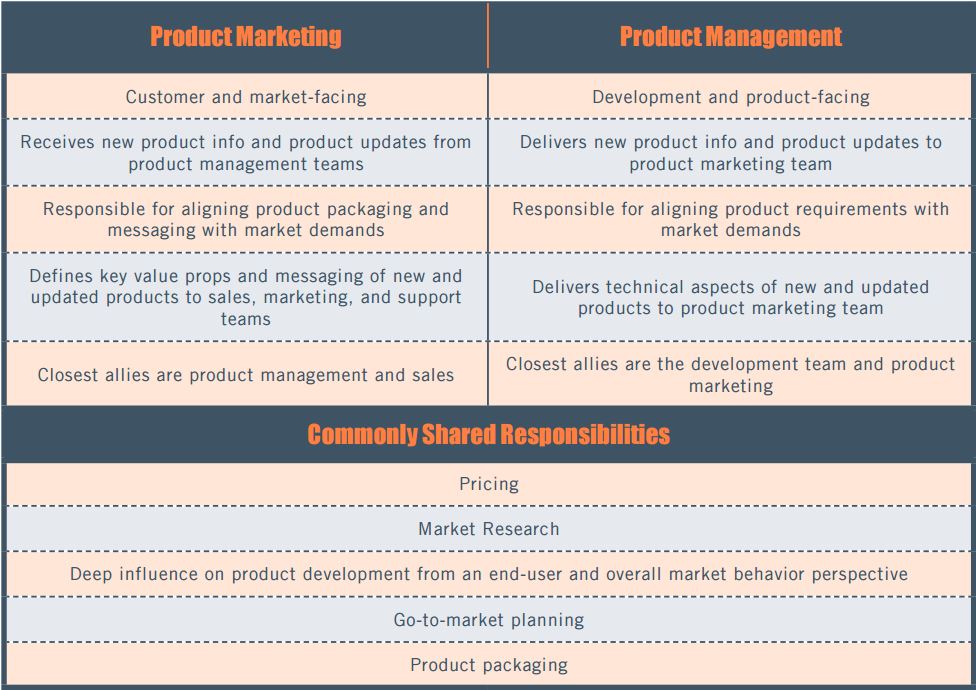
Key Takeaways: Digital Marketing Vs Product Management
- Digital marketing focuses on promoting products or services online using various strategies.
- Product management involves developing and managing a product throughout its lifecycle.
- Digital marketers use techniques like social media marketing and SEO to reach target audiences.
- Product managers ensure products are developed to meet customer needs and generate profit.
- Both roles require strong communication skills and an understanding of consumer behavior.
Comparing Digital Marketing Vs Product Management
In today’s digital world, both digital marketing and product management play vital roles in the success of a business. While they may seem similar in some aspects, they are distinct disciplines with different focuses and responsibilities. In this article, we will take an in-depth look at digital marketing and product management, comparing their key features, user experiences, pros and cons, and price points. By the end, we’ll have a better understanding of which is better suited for different business needs.
Overview of Digital Marketing
Digital marketing encompasses the strategies and tactics used to promote products or services through digital channels such as search engines, social media, email, and websites. It involves various activities like creating content, managing social media accounts, running paid advertising campaigns, and analyzing data to optimize marketing efforts.
One of the main goals of digital marketing is to reach and engage with target audiences, driving them to take specific actions such as making a purchase or signing up for a newsletter. This is achieved through a combination of content creation, audience targeting, and measurement of key performance indicators (KPIs) to evaluate the success of marketing campaigns.
Overall, digital marketing provides businesses with a powerful platform to connect with their customers and drive growth through online channels.
Overview of Product Management
Product management, on the other hand, focuses on the development and management of a company’s products or services. It involves overseeing the entire product lifecycle, from initial ideation to launch and beyond. Product managers work closely with cross-functional teams, including design, engineering, marketing, and sales, to ensure that products are developed and delivered successfully.
Product managers are responsible for conducting market research, defining product strategy and roadmaps, gathering and prioritizing product requirements, and collaborating with various stakeholders to bring the product to market. They play a critical role in driving innovation, understanding customer needs, and ensuring that the product meets the desired goals and objectives.
Successful product management requires a combination of technical expertise, market knowledge, and strong communication and leadership skills.
Key Features Compared
In comparing digital marketing and product management, let’s dive into some key features of each:
1. Target Audience
Digital Marketing: Digital marketing allows businesses to target specific audiences based on various parameters such as demographics, interests, and online behavior. This targeted approach ensures that marketing efforts reach the right people who are most likely to be interested in the products or services being promoted.
Product Management: Product management involves understanding the needs and preferences of target customers and developing products that meet those needs. Product managers conduct market research and gather feedback from customers to identify key pain points and opportunities for product improvement.
2. Content Creation
Digital Marketing: Content creation is a critical aspect of digital marketing. Marketers create various types of content, such as blog posts, social media posts, videos, and infographics, to engage with audiences and drive them towards desired actions. Creating compelling and valuable content helps build brand awareness and establishes the business as a trusted authority in its industry.
Product Management: While product managers may not be directly involved in content creation, they work closely with marketing teams to ensure that the product messaging aligns with the target audience and effectively communicates the value proposition. They provide insights and input on product features and benefits that can be highlighted in marketing assets.
3. Analyzing Data
Digital Marketing: Data analysis plays a crucial role in digital marketing. Marketers analyze various metrics and KPIs to evaluate the performance of marketing campaigns, such as website traffic, click-through rates, conversion rates, and return on investment (ROI). This data helps them make data-driven decisions, optimize campaigns, and make adjustments based on the results.
Product Management: Product managers also rely on data analysis to make informed decisions throughout the product lifecycle. They analyze market trends, customer feedback, and usage data to identify opportunities for product improvements and new feature development. By understanding the data, product managers can prioritize product features and make strategic decisions for the product’s future.
User Experience
When it comes to user experience, both digital marketing and product management aim to deliver value to customers.
Digital marketing focuses on crafting engaging experiences across various digital touchpoints, from website design to social media interactions. Marketers strive to provide seamless user experiences that capture attention, evoke emotions, and ultimately drive conversions. User experience in digital marketing is measured by metrics such as bounce rates, time on page, and conversion rates.
Product management, on the other hand, focuses on the user experience of the product itself. Product managers work closely with design and development teams to create products that are intuitive, user-friendly, and solve specific problems for customers. User experience in product management is measured by metrics such as customer satisfaction, usability testing results, and customer support feedback.
Both disciplines recognize the importance of delivering exceptional user experiences to build customer loyalty and drive business growth.
Pros and Cons
Digital Marketing:
Pros:
- Wide reach and targeting options
- Ability to track and measure the effectiveness of campaigns
- Potential for high return on investment
Cons:
- Can be competitive and saturated, requiring continuous optimization
- Reliant on third-party platforms and changes in algorithms
- Requires ongoing investment in time and resources
Product Management:
Pros:
- Direct influence on the development and success of products
- Opportunity to drive innovation and solve customer problems
- Involvement in cross-functional collaboration and decision-making
Cons:
- Requires a deep understanding of customer needs and market trends
- Can be challenging to balance competing priorities and stakeholder expectations
- Responsibility for managing the entire product lifecycle
Price Comparison
When it comes to the price points of digital marketing and product management, it can vary widely depending on the specific business needs and requirements. Both disciplines can involve costs associated with personnel, tools and software, advertising budgets, and ongoing maintenance.
Digital marketing often requires investment in advertising platforms, content creation tools, email marketing software, and analytics platforms. The costs can range from affordable for small businesses utilizing free tools and organic reach to significant for larger companies running extensive paid advertising campaigns.
Product management involves expenses related to product development, market research, prototyping tools, and project management software. These costs can vary depending on the complexity and scale of the product being developed.
Ultimately, the price points of digital marketing and product management will depend on the specific goals, strategies, and resources allocated by the business.
Comparison Table
| Feature | Digital Marketing | Product Management |
|---|---|---|
| Target Audience | Reach specific audiences through digital channels | Understand customer needs and develop products accordingly |
| Content Creation | Create engaging content to drive audience engagement | Collaborate on product messaging and positioning |
| Analyzing Data | Analyze digital marketing metrics to optimize campaigns | Analyze market trends and customer feedback to inform product decisions |
Note: This is just a sample comparison table. You can include more features and provide detailed descriptions for each.
Which is Better – Digital Marketing Vs Product Management
Deciding which is better between digital marketing and product management ultimately depends on the specific goals and needs of the business. Both disciplines have unique strengths and play crucial roles in driving business growth and success.
However, if we had to choose one as the better option, it would be digital marketing. Here are three reasons why:
- Digital marketing allows businesses to reach a wider audience and target specific demographics, increasing the chances of driving more leads and conversions.
- Digital marketing provides measurable data and analytics that allow businesses to track the performance of their campaigns and make data-driven decisions for optimization.
- With the increasing reliance on digital channels, digital marketing has become an essential component of a business’s overall marketing strategy, offering numerous opportunities for growth and success.
While product management is crucial for developing and delivering successful products, digital marketing’s ability to reach wider audiences, track performance, and drive growth gives it an edge in this comparison.
Frequently Asked Questions
Below are some frequently asked questions about the difference between digital marketing and product management:
Question 1: How is digital marketing different from product management?
While both digital marketing and product management contribute to the success of a product or business, they focus on different aspects. Digital marketing primarily focuses on promoting a product or service using various online channels, such as social media, search engine optimization, and content marketing. On the other hand, product management involves the strategic planning, development, and improvement of a product throughout its lifecycle.
Digital marketers are responsible for creating and executing marketing campaigns, analyzing data, and optimizing online presence to drive customer engagement and conversion. Product managers, on the other hand, work closely with cross-functional teams, such as engineering, design, and marketing, to define product features, prioritize product roadmap, and ensure the product meets customer needs and aligns with the business goals.
Question 2: What skills are required for a career in digital marketing?
A career in digital marketing requires a diverse set of skills. Strong communication and interpersonal skills are essential to effectively communicate with clients and target audiences. Analytical skills are crucial for analyzing data, identifying trends, and optimizing marketing strategies. Additionally, knowledge of various digital marketing channels, such as social media, search engine optimization, content marketing, and paid advertising, is necessary.
Proficiency in using digital marketing tools and platforms, such as Google Analytics, social media management tools, and email marketing software, is also important. Creativity and problem-solving skills are valuable in developing engaging and impactful marketing campaigns. Lastly, staying updated with the latest industry trends and changes is necessary to adapt marketing strategies accordingly.
Question 3: What skills are important for a career in product management?
A successful product management career requires a mix of technical and soft skills. Strong analytical and problem-solving skills are essential to identify market opportunities, analyze customer needs, and make data-driven decisions. Product managers also need excellent communication and leadership skills to collaborate with cross-functional teams and stakeholders.
Understanding of product development methodologies, such as Agile or Scrum, is important to effectively manage product lifecycle. Strategic thinking and business acumen help product managers align product goals with broader business objectives. Additionally, empathy and user-centered design thinking enable product managers to create products that meet customer needs and deliver a great user experience.
Question 4: How do the responsibilities differ between digital marketers and product managers?
Digital marketers are responsible for attracting, engaging, and converting potential customers by using various online marketing techniques. Their responsibilities include creating and executing marketing campaigns, analyzing data, optimizing website and social media presence, and identifying opportunities for growth.
Product managers, on the other hand, have a broader scope of responsibilities. They work closely with cross-functional teams, including engineering, design, and marketing, to define product strategy, prioritize features, and ensure the product meets customer expectations. They also conduct market research, collect feedback, and make strategic decisions to improve the product and drive its success.
Question 5: How do digital marketing and product management work together?
Digital marketing and product management work hand in hand to ensure the success of a product or business. Digital marketers promote the product and drive customer engagement through targeted marketing campaigns, content creation, and online advertising. They provide valuable insights to product managers by analyzing user behavior, market trends, and customer feedback.
Product managers, in turn, use this information to shape the product roadmap, prioritize features, and ensure that marketing efforts align with the product’s value proposition. They collaborate with digital marketers to leverage marketing channels effectively and develop strategies that target the right audience. By working together, digital marketing and product management contribute to product success and business growth.
What do I do as a Product Manager?
Summary
Wow, we’ve learned so much about digital marketing and product management! Let’s wrap it up.
Digital marketing is all about promoting products or services online using cool strategies. We discussed how it uses social media, ads, and content to reach customers. It’s like having a big billboard on the internet!
On the other hand, product management is about creating awesome products that people love. We explored how it involves researching, designing, and launching products. It’s like being a superhero who brings cool gadgets to life!
We also discovered that digital marketing and product management work together like peanut butter and jelly. They support each other to make products successful. Digital marketing helps spread the word, while product management creates amazing things to talk about.
Remember, digital marketing helps businesses connect with customers online, while product management focuses on creating awesome products. Both are important and can lead to exciting careers!
So, whether you want to be a digital marketing guru or a product management pro, both paths offer exciting opportunities. Keep learning, exploring, and having fun as you dive into the world of digital marketing and product management. The sky’s the limit!
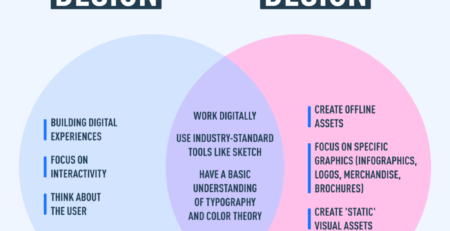



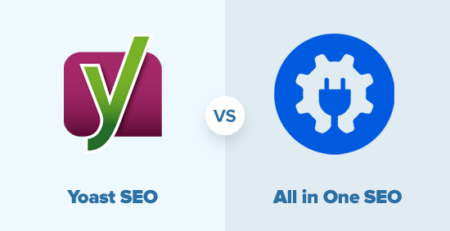
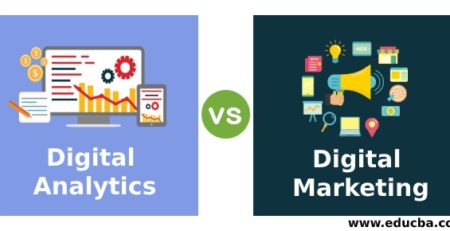



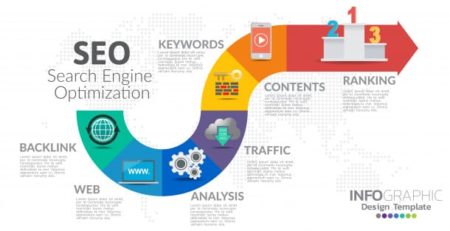
Leave a Reply